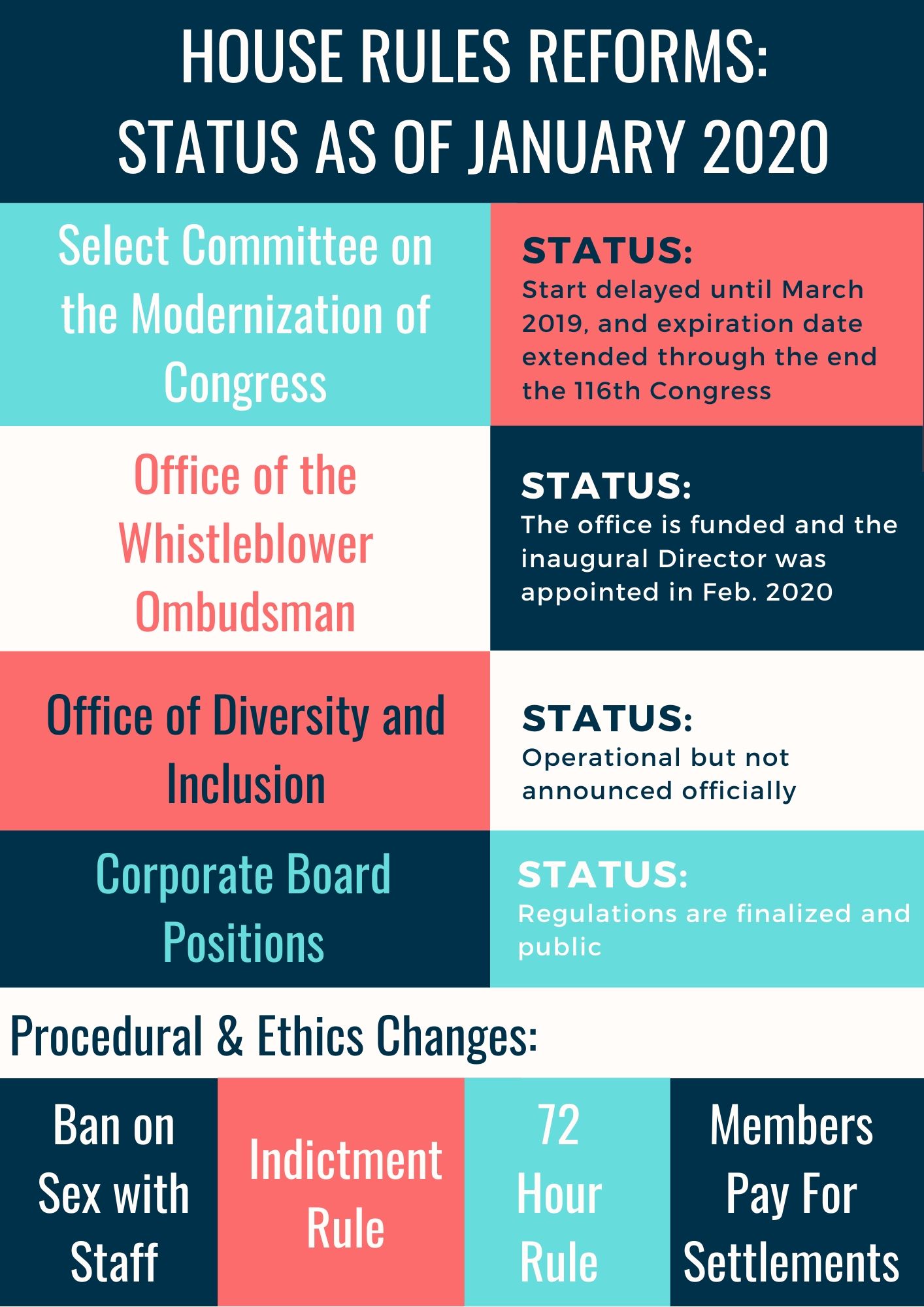By Maggi Molina and Dan Lips
Congress faces major challenges in 2020—including the Coronavirus pandemic and addressing its significant disruptions to our way of life. With the Congressional Budget Office already forecasting trillion dollar federal deficits through 2030, lawmakers may have less flexibility to authorize new spending to address these problems.
One way for Congress to improve the government’s balance sheet would be to stop federal agencies from making improper payments. “Improper payments” doesn’t sound that bad — perhaps you used Paypal instead of Venmo — but they are essentially illegal payments. These are payments that should not have been made or that were made in incorrect amounts.
The Government Accountability Office (GAO) recently reported that federal agencies made $175 Billion in improper payments in 2019. Of those, $75 Billion (or 42 percent) were reported as a “monetary loss, an amount that should not have been paid and in theory should or could be recovered.” More than two-thirds of the improper payments were concentrated in three programs: Medicaid, Medicare, and the Earned Income Tax Credit.
GAO warned that the problem could be even bigger: “The federal government’s ability to understand the full scope of its improper payments is hindered by incomplete, unreliable, or understated agency estimates,” among other issues. Indeed, a number of agencies do not accurately report this information.
Continue reading “Congress Can Save Taxpayers Billions By Using Data Science to Stop Improper Payments”